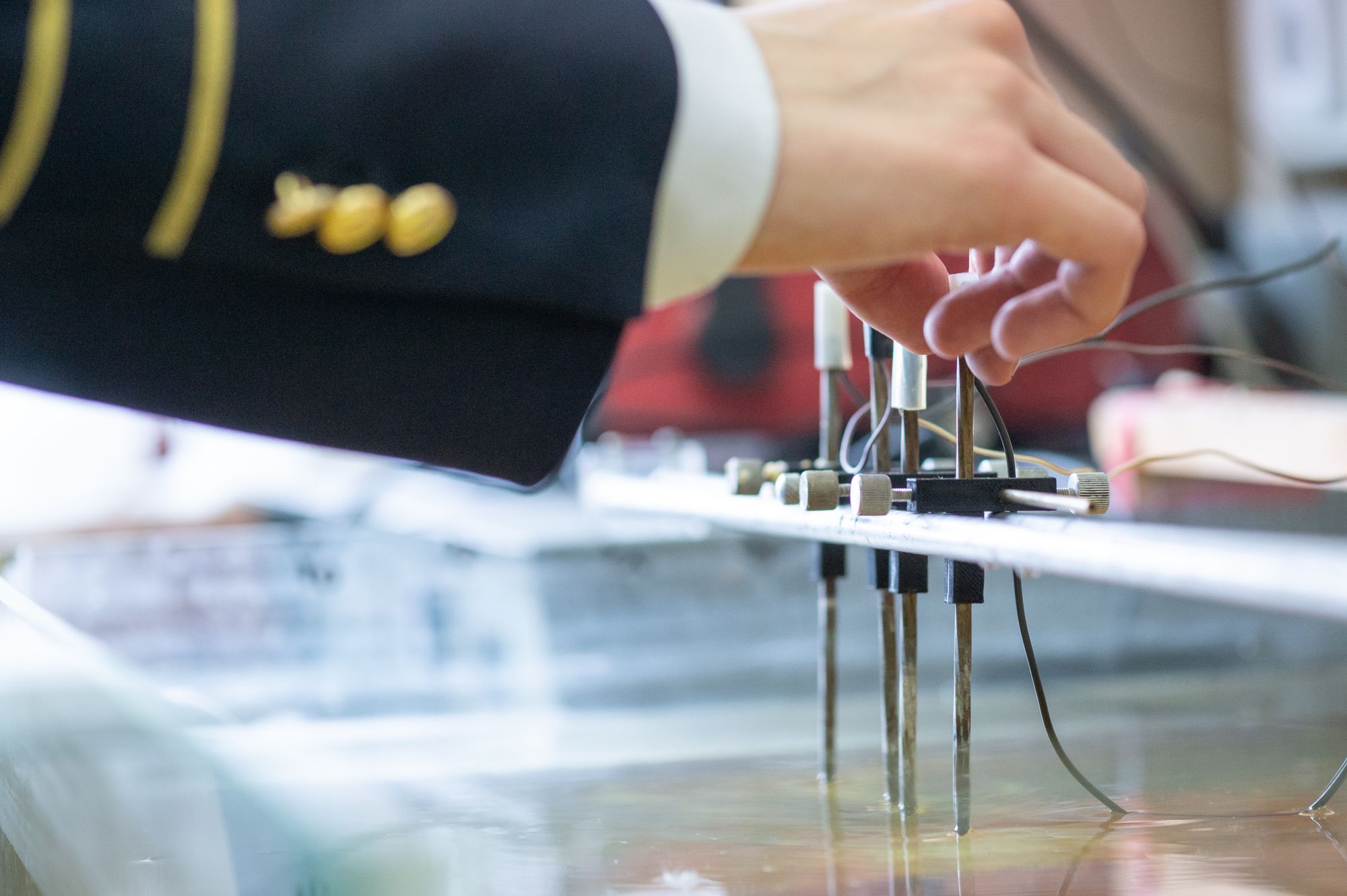In the course of training in this specialization, students master the methodology of research and development work, undergo pedagogical and industrial practical training. Professional activities of the graduate students can be associated with the performance of work in departments of enterprises from various industries, areas and forms of ownership (quality department, standardization department, certification department, metrological service, technical control department, etc.), in organizations providing consulting services in the development and implementation of various management systems, as well as certification bodies and metrology and testing laboratories. Metrology, standardization and quality control make the basis without which no production activity is possible, ranging from discoveries of the fundamental laws and properties of nature to modern metrological provision of high technologies. In modern conditions, one of the most important instruments of the state regulatory instruments is the certification of production, products and services. The preparation of Bachelor’s degree students in this field is particularly relevant after the introduction of the Federal Law “On Technical Regulation” in the context of expanding foreign economic activities of national enterprises and Russia's accession to the WTO.
Implementation of trade between different countries requires compliance of products manufactured in a particular state with international norms and standards which cannot be done without specialists in the field of standardization and metrology;
Specialists in this field can develop their careers in accordance with a variety of scenarios: practical activities at various enterprises, teaching, work in customs authorities and abroad;
Extensive list of positions for subsequent employment;
Job opportunities in an interesting industrial or scientific field, due to the high demand in metrologists at all sorts of enterprises where measuring equipment is used.
Master’s degree holders majoring in this specialization successfully work in senior positions at enterprises of various industries; they work as engineers, researchers, laboratory managers; continue their education in postgraduate school, choosing career of professional research scientists, developers of new technologies in the field of standardization and metrology. Graduates of this specialization work and are in demand at such enterprises as D.I. Mendeleyev VNIIM, Scientific Research Institute of Precision Mechanics, Baltic Plant, PAO Gazprom, AO IC Burevestnik, OAO Klimov, PAO Izhorskie Zavody, PAO Kirovsky Zavod, PAO Silovye Mashiny (Power Machines), Hyundai Motor Manufacturing Rus, etc.
